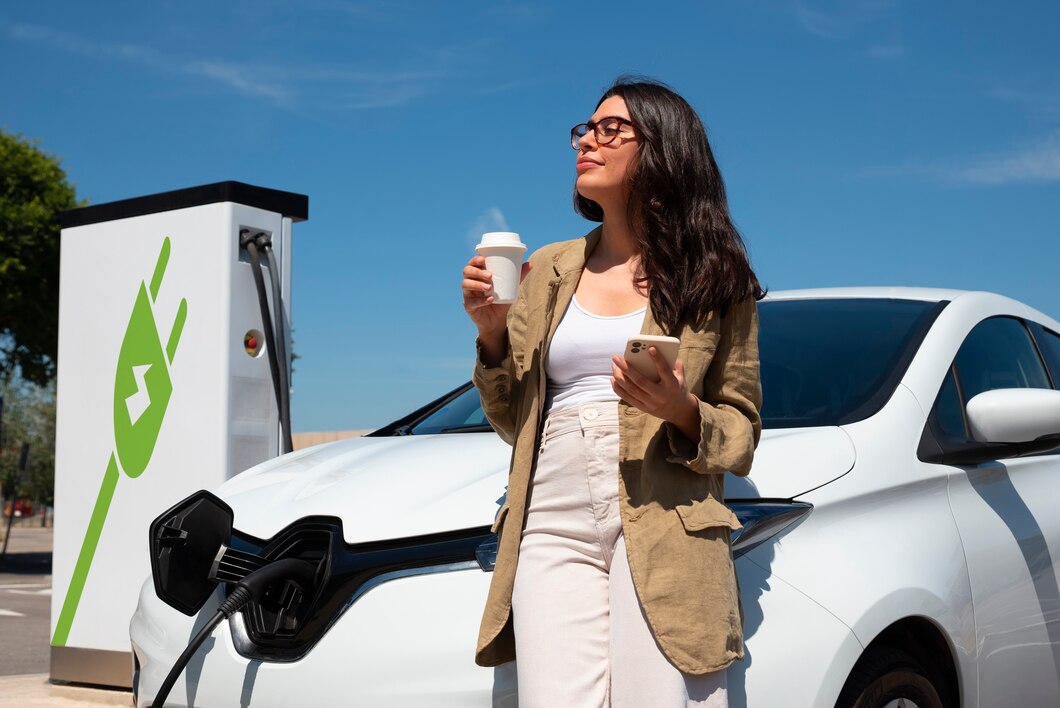Electric vehicles (EVs) have emerged as a promising solution to combat climate change and reduce our dependence on fossil fuels. With advancements in technology, increased environmental awareness, and growing concerns about air pollution, EVs are gaining traction as a viable alternative to traditional internal combustion engine vehicles. However, the transition to widespread adoption of EVs presents both opportunities and challenges for South Africa. Are we ready to make the switch to electric vehicles, and what does the future hold for EVs in the country?
Opportunities of Electric Vehicles:
1. Environmental Benefits:
One of the most significant advantages of electric vehicles is their reduced environmental impact compared to traditional gasoline-powered cars. EVs produce zero tailpipe emissions, helping to improve air quality and reduce greenhouse gas emissions, thereby mitigating the effects of climate change. In a country like South Africa, where air pollution is a major concern in urban areas, the widespread adoption of EVs could lead to significant improvements in air quality and public health.
2. Energy Independence:
By transitioning to electric vehicles, South Africa has the opportunity to reduce its dependence on imported fossil fuels and increase energy independence. With abundant renewable energy resources such as solar and wind power, the country has the potential to generate clean electricity to power EVs, reducing reliance on imported oil and mitigating the impact of fluctuating oil prices on the economy.
3. Economic Growth and Job Creation:
The shift towards electric vehicles presents opportunities for economic growth and job creation in South Africa. As the demand for EVs increases, there will be a growing need for skilled workers in manufacturing, engineering, and infrastructure development. Additionally, the production of EV components such as batteries, electric motors, and charging infrastructure could stimulate investment and create new opportunities in the green economy.
Challenges of Electric Vehicles:
1. Infrastructure:
One of the main challenges hindering the widespread adoption of electric vehicles in South Africa is the lack of adequate charging infrastructure. While major cities like Johannesburg, Cape Town, and Durban have begun to invest in charging stations, there is still a need for widespread deployment of charging infrastructure, particularly in rural areas and along major highways, to alleviate range anxiety and facilitate long-distance travel.
2. Affordability and Accessibility:
Another barrier to the adoption of electric vehicles is the upfront cost and accessibility of EVs compared to traditional gasoline-powered cars. While the total cost of ownership of EVs is generally lower due to savings on fuel and maintenance, the initial purchase price of EVs remains relatively high, limiting accessibility to a broader range of consumers, particularly those in lower-income brackets.
3. Battery Technology and Range:
Battery technology and range anxiety remain significant concerns for potential EV buyers in South Africa. While advancements in battery technology have led to improvements in energy density and range, EVs still face limitations in terms of driving range and charging times compared to traditional vehicles. Addressing these challenges will require continued investment in research and development to improve battery performance and affordability.
The Path Forward:
Despite the challenges, the future of electric vehicles in South Africa looks promising, driven by a combination of technological advancements, government incentives, and increasing consumer awareness. To accelerate the transition to electric mobility, stakeholders must work collaboratively to address key challenges such as charging infrastructure, affordability, and range anxiety. Investments in renewable energy, incentives for EV adoption, and public education campaigns can help pave the way for a cleaner, more sustainable transportation future in South Africa.
As global momentum towards electrification continues to grow, South Africa has the opportunity to position itself as a leader in electric mobility, harnessing its abundant renewable energy resources and driving economic growth while reducing its carbon footprint. By embracing the transition to electric vehicles, South Africa can create a cleaner, healthier, and more prosperous future for generations to come.











